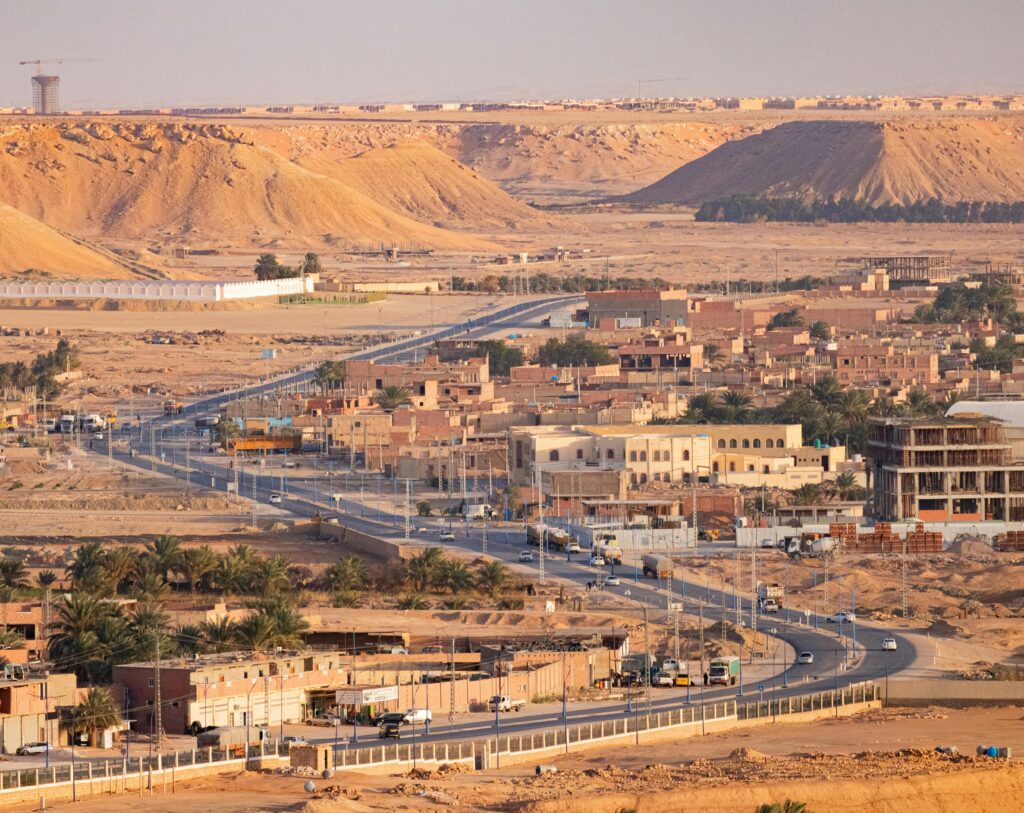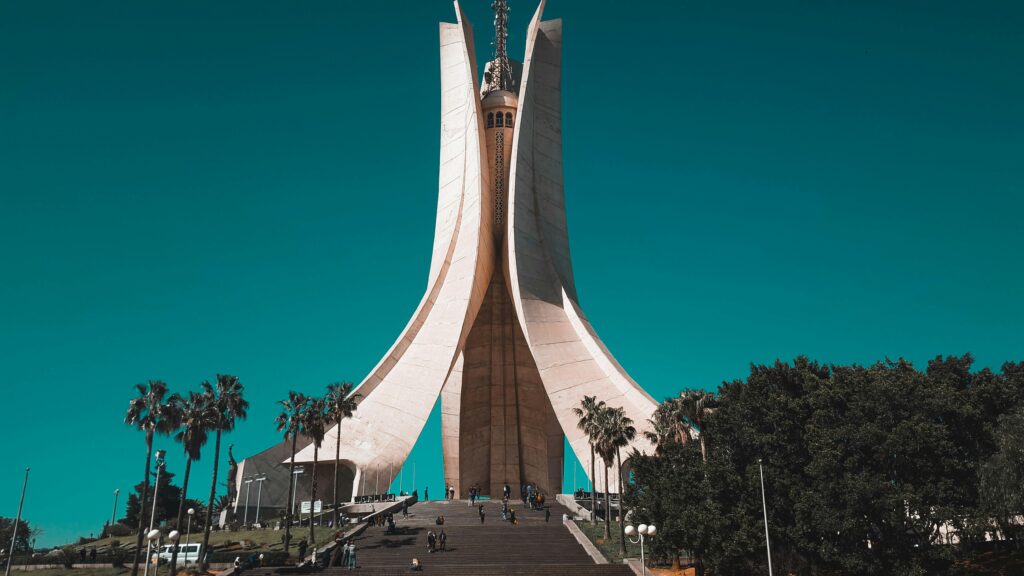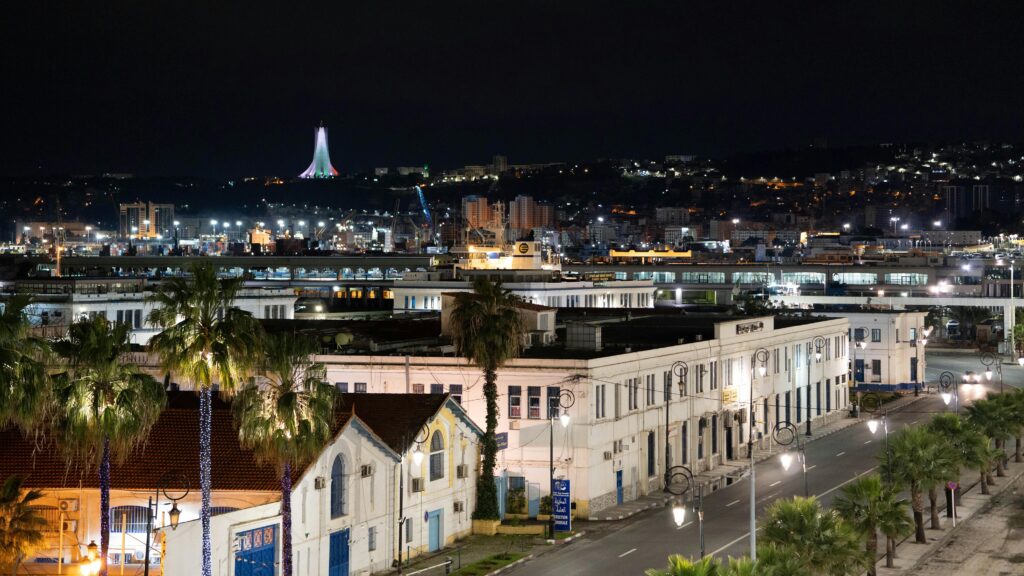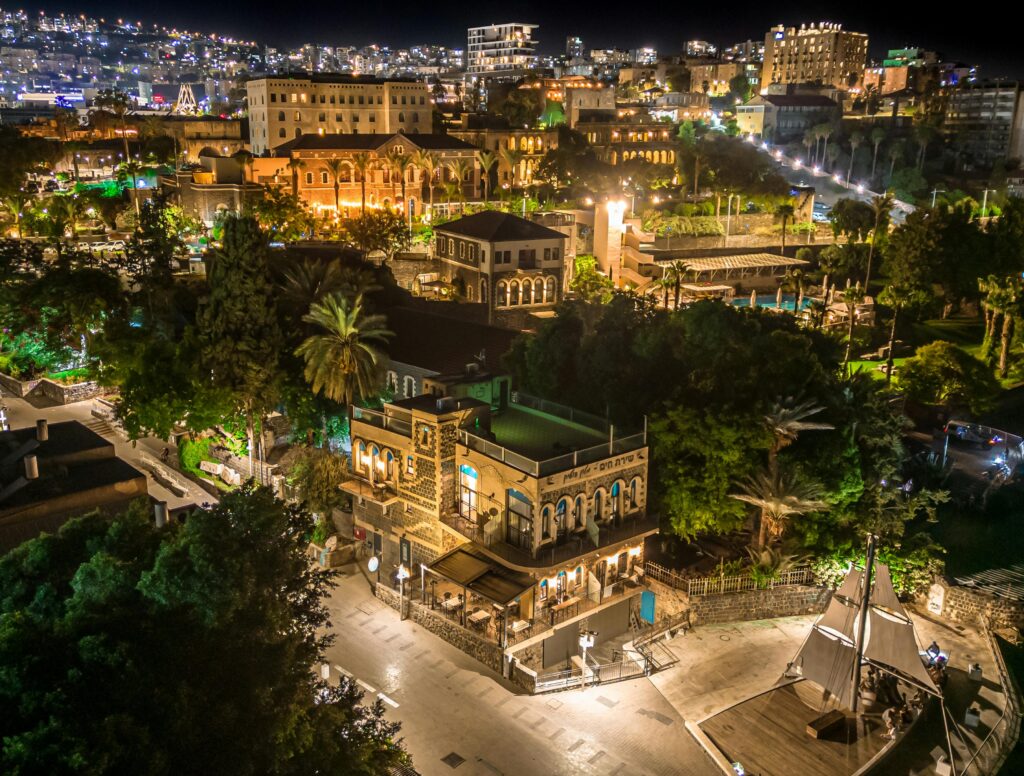Edit Content
Edit Content
Edit Content
Edit Content
Edit Content
Edit Content
We have a team of professionals to help you with all your business needs. So, that you can focus on business expansion in Algeria.
Please feel free to email us on enquiries@chandrawatpartners.com
North African nation Algeria is home to a wide range of cultural traditions. It provides a variety of business opportunities across numerous sectors, including energy, agriculture, and manufacturing, and is the largest country in Africa. Algeria is a desirable location for foreign investors due to its advantageous location at the intersection of Africa, Europe, and the Middle East, which acts as a gateway to the African market.
Algeria is the largest producer of natural gas in Africa and the second-largest non-regional supplier of natural gas to Europe.
Algeria has the fourth-largest GDP on the African continent (144 billion USD in 2020) and the highest GDP per capita in North Africa. The country has a territory of 2.4 million km2, a dynamic population (+900,000 inhabitants/year, 44 million inhabitants on 1 January 2020), and the highest GDP per capita in North Africa.
With a population of over 46,016,572, Algeria is the largest country in Africa and the tenth largest in the world. The economy of the nation is diverse, with a focus on the oil and gas industry, but it also includes the agricultural, manufacturing, and service sectors. The following are some benefits of conducting business in Algeria:
To entice foreign investment, the Algerian government provides a variety of incentives, such as tax breaks, exemptions from customs duties, and financial support for R&D.
The domestic market in Algeria, which has a population of over 46,016,572 , is sizable and expanding. With a median age of just 29, the nation’s young population offers opportunities for companies that provide goods and services for consumers.
Natural resources are abundant in Algeria, especially oil and gas. The nation has sizable reserves of oil, iron ore, and phosphates and is the third-largest natural gas producer in the world.
Algeria is strategically located, making it a desirable hub for companies looking to expand into North Africa and beyond. The nation has access to important trade routes and shipping lanes due to its location between Europe, Africa, and the Middle East.
An advanced infrastructure, including cutting-edge ports, highways, and airports, exists in Algeria. The nation has plans to expand its rail and road networks and is also making significant investments in renewable energy.
Algeria’s tax regime is the body of laws that control the collection and distribution of taxes. Direct and indirect taxes, imposed by both the federal and local governments, make up the foundation of the tax system in Algeria.
Corporate entities are taxed on activities performed in Algeria via the following two regimes:
The standard rate of Corporate Income Tax (CIT):
Withholding tax (WHT) regime :
Non-resident entities performing service contracts in Algeria are subject to the WHT regime.
The 30% WHT, which encompasses the CIT, the TAP, and the VAT, is required to be levied on services only.
Individuals may be subject to taxation in Algeria:
Personal income taxation is applied with progressive scale rates (marginal rate 35%).
Annual taxable income (DZD):
Less than 240,000 – 0%
240,001 to 480,000 – 23%
480,001 to 960,000 – 27%
960,001 to 1,920,000 – 30%
1,920,001 to 3,840,000 – 33%
More than 3,840,000 – 35%
In Algeria, Value Added Tax (VAT) is imposed on the provision of goods or services. It covers all of Algeria’s economic activities. 19% is the standard VAT rate. For a number of basic items listed by law, the reduced rate is 9%.
VAT payments and returns are due on the twentieth day of each month.
Property taxes, also referred to as “taxe foncière” in Algeria, are levied against real estate. This tax is assessed against the property owner and is determined using the estimated value of the asset.
Algeria a country officially called as the People’s Democratic Republic of Algeria, is a State of North Africa which is a part of the Maghreb. Its Capital city is Algiers and the languages spoken are here Arabic and Tamazight.
Author: Chandrawat & Partners
Topic: Doing Business in Algeria
Download our comprehensive guide on – Doing Business in Algeria
Get in touch with the right people to get the right help in setting up your business in Algeria.
Contact us at: enquiries@chandrawatpartners.com
We have a team of professionals to help you with all your business needs. So, that you can focus on business expansion in Algeria.
North African nation Algeria is home to a wide range of cultural traditions. It provides a variety of business opportunities across numerous sectors, including energy, agriculture, and manufacturing, and is the largest country in Africa. Algeria is a desirable location for foreign investors due to its advantageous location at the intersection of Africa, Europe, and the Middle East, which acts as a gateway to the African market.
Algeria is the largest producer of natural gas in Africa and the second-largest non-regional supplier of natural gas to Europe.
Algeria has the fourth-largest GDP on the African continent (144 billion USD in 2020) and the highest GDP per capita in North Africa. The country has a territory of 2.4 million km2, a dynamic population (+900,000 inhabitants/year, 44 million inhabitants on 1 January 2020), and the highest GDP per capita in North Africa.

With a population of over 46,016,572, Algeria is the largest country in Africa and the tenth largest in the world. The economy of the nation is diverse, with a focus on the oil and gas industry, but it also includes the agricultural, manufacturing, and service sectors. The following are some benefits of conducting business in Algeria:
To entice foreign investment, the Algerian government provides a variety of incentives, such as tax breaks, exemptions from customs duties, and financial support for R&D.
The domestic market in Algeria, which has a population of over 46,016,572 , is sizable and expanding. With a median age of just 29, the nation’s young population offers opportunities for companies that provide goods and services for consumers.
Natural resources are abundant in Algeria, especially oil and gas. The nation has sizable reserves of oil, iron ore, and phosphates and is the third-largest natural gas producer in the world.
Algeria is strategically located, making it a desirable hub for companies looking to expand into North Africa and beyond. The nation has access to important trade routes and shipping lanes due to its location between Europe, Africa, and the Middle East.
An advanced infrastructure, including cutting-edge ports, highways, and airports, exists in Algeria. The nation has plans to expand its rail and road networks and is also making significant investments in renewable energy.
Algeria’s tax regime is the body of laws that control the collection and distribution of taxes. Direct and indirect taxes, imposed by both the federal and local governments, make up the foundation of the tax system in Algeria.

Corporate entities are taxed on activities performed in Algeria via the following two regimes:
The standard rate of Corporate Income Tax (CIT):
Withholding tax (WHT) regime :
Non-resident entities performing service contracts in Algeria are subject to the WHT regime.
The 30% WHT, which encompasses the CIT, the TAP, and the VAT, is required to be levied on services only.
Individuals may be subject to taxation in Algeria:
Personal income taxation is applied with progressive scale rates (marginal rate 35%).
Annual taxable income (DZD):
Less than 240,000 – 0%
240,001 to 480,000 – 23%
480,001 to 960,000 – 27%
960,001 to 1,920,000 – 30%
1,920,001 to 3,840,000 – 33%
More than 3,840,000 – 35%
In Algeria, Value Added Tax (VAT) is imposed on the provision of goods or services. It covers all of Algeria’s economic activities. 19% is the standard VAT rate. For a number of basic items listed by law, the reduced rate is 9%.
VAT payments and returns are due on the twentieth day of each month.
Property taxes, also referred to as “taxe foncière” in Algeria, are levied against real estate. This tax is assessed against the property owner and is determined using the estimated value of the asset.
When the responsibility of at least one partner (the limited partner) is restricted to the value of his stake while the liability of the other partners is unrestricted, the partnership is deemed to be a limited partnership. In a general partnership, general partners have the same rights as other partners.

A limited liability company is a business entity established by natural or legal people, each of whose liability for the company’s responsibilities is capped at their investment in the company’s subscribed capital. According to how much they contribute, each member receives a proportionate part of the business. The participants receive a proportional share of the subscribed money. Shares of limited liability companies may not be made available to the general population. A Limited Liability Company’s base stock is set at ALL 100.
These founders are not responsible for the company’s obligations and only individually suffer losses up to the amount of their capital subscription. A Meeting of the Founding Shareholders, where the capital share membership and statute approval take place, should decide whether to establish a Sha. After being registered in the Commercial Register, the freshly formed business becomes operational

Tha is usually created for big businesses that sell shares to the public to meet their financial requirements. A Sha is a business in which the founders (natural or legal people) contribute to the basic capital in the form of shares.
A Sha with a private sale cannot have a base capital of less than ALL 3.500.000. A Sha with a public sale cannot have a base capital of less than ALL 10,000,000. Before registration, at least one-fourth of the nominal value of the shares for donations in cash must be made up. Depending on the Board of Directors’ judgement, the leftover sum is paid in one or more payments. The Sha is the sole organization authorized by Albanian legislation to issue notes.

Get in touch with the right people to get the right help in setting up your business in Algeria .
Chandrawat & Partners is a prominent full-service firm dedicated to delivering top-tier professional services to clients both within the domestic and international spheres.
Copyright © Chandrawat & Partners. All Rights Reserved.
Copyright © Chandrawat & Partners. All Rights Reserved.
Chandrawat & Partners stands as a dynamic and rapidly expanding full-service firm, specializing in the delivery of exceptional professional and corporate services to a diverse clientele, both foreign and local. We proudly represent companies and individuals across a wide spectrum of sectors through distinct entities established in various countries worldwide.
Chandrawat & Partners stands as a dynamic and rapidly expanding full-service firm, specializing in the delivery of exceptional professional and corporate services to a diverse clientele, both foreign and local. We proudly represent companies and individuals across a wide spectrum of sectors through distinct entities established in various countries worldwide.
ASIA
AFRICA
EUROPE
NORTH AMERICA
SOUTH AMERICA
OCEANIA